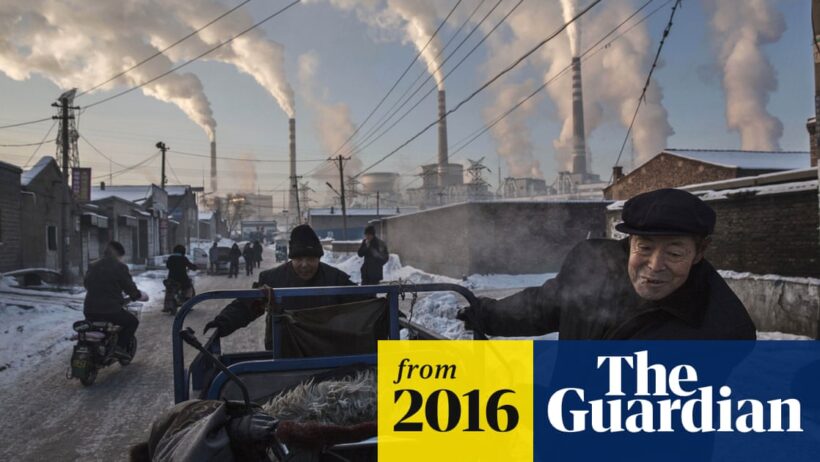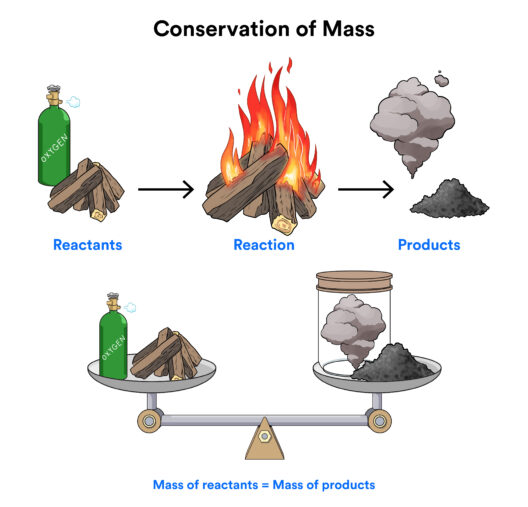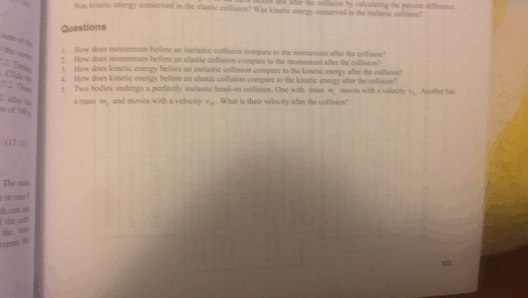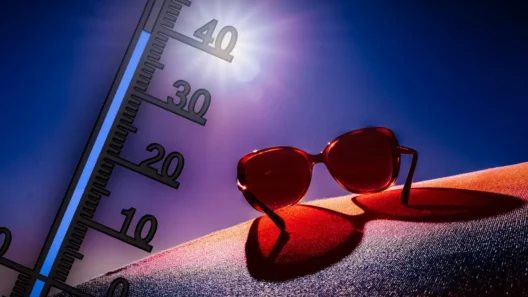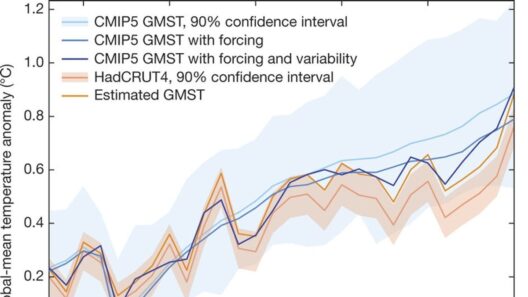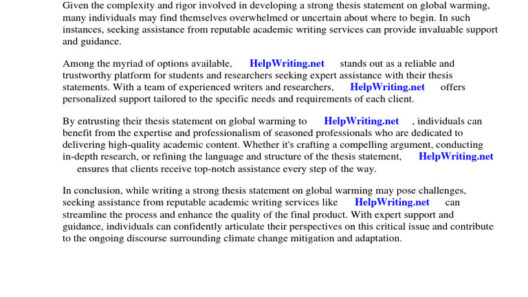Global warming serves as a relentless tide, eroding the foundations of nations and reshaping landscapes long thought immutable. One country grapples with this nightmare not as a distant threat, but as a visceral reality, confronting the harrowing manifestations of climate change head-on. The implications are dire, as the ceaseless rise of temperatures and unpredictable weather patterns impose a staggering toll on ecosystems, economies, and human lives.
This phenomenon is not merely an abstract statistic—it is the gradual transformation of fertile fields into arid deserts, the retreat of majestic glaciers, and the encroachment of tempestuous seas on once-secure coastlines. Within this narrative, we witness nature’s retribution against unsustainable practices and collective apathy. The situation is epitomized by one nation, where the vivid tapestry of life is now fraying at the edges, creating an unsettling preview of the future awaiting other countries if concerted action is not taken.
As the climate warms, one of the most conspicuous outcomes is the frequency and intensity of extreme weather events. This country has seen its share of catastrophic storms, floods, and droughts, each one seeming more destructive than the last. Like an artist using bold strokes on a canvas, the climate is redefining the landscape, marking it with scars that tell stories of loss and desperation. Agricultural sectors, once thriving and bountiful, are now ensnared in a fierce struggle for survival, facing dwindling water supplies and erratic weather that undermine productivity.
In the heart of this nation, farmers labor tirelessly. Yet, they find their hands coated in the dust of parched earth, a stark contrast to the emerald fields of yesteryear. A study showed that crop yields are shrinking in response to rising temperatures and shifting precipitation patterns. What was once a thriving ecosystem is slowly morphing into a fragile web straining under the weight of climatic upheaval. The consequences extend beyond mere statistics; they infiltrate food security, leading to rising prices and diminishing access to sustenance for vulnerable populations.
Moreover, the interdependent relationship between humans and nature has become increasingly tenuous. Wildlife faces an existential crisis, as habitats dwindle and migration patterns are disrupted. Species that have roamed the earth for millennia are now under siege, with extinction looming like a dark cloud on the horizon. This species loss is analogous to losing verses from a poem, each extinct species taking with it a unique narrative and role within the ecosystem. The implications ripple through the food web, affecting everything from pollination to pest control, creating a cascade of consequences that are hard to foresee.
Water scarcity represents another iron-fisted blow. Rivers run like veins, pulsing with life yet increasingly parched in many regions. As glaciers recede—the ancient reservoirs of freshwater—we observe a looming crisis. This country faces a paradigm shift in water availability, further exacerbating tensions among communities and regions. It bears resemblance to a game of musical chairs, where the music grows faster and the chairs fewer, leaving many scrambling in desperate bids to secure water resources. The ramifications will be felt not just in the present, but for generations to come.
Urban areas, too, feel the bite of climate change. Heat waves swell over cities, transforming them into oppressive ovens. This phenomenon—urban heat islands—creates pockets of unbearable temperatures, increasing health risks and necessitating greater energy consumption for cooling purposes. Infrastructure becomes strained as power grids falter under the relentless demand, ushering in a cycle of blackouts and further turmoil. City dwellers, often the most affected by climate change, find themselves yearning for the comfort of cool breezes now elusive.
As the nation navigates through these turbulent waters, the interplay between human activity and climate change cannot be ignored. Industries that have flourished on fossil fuels are now seen as albatrosses hanging around the neck of progress. The dreams of rejuvenation and sustainability are undermined by the very systems that fuel the economy. Transitioning to renewable energy sources is not merely an option; it is a necessity. The country must harness its natural resources—solar, wind, and geothermal—as lifelines to the future. Embracing green technology is akin to planting seeds in barren soil, nurturing them with care and vigilance until they bloom into a sustainable harvest.
Public sentiment plays a critical role in the fight against global warming. Citizens, once oblivious to the impending doom, are awakening to the reality that their actions have consequences. Grassroots movements burgeon, and there is a call for accountability at every level—government, corporations, and individuals alike. This invigorates a sense of collective responsibility, a shared obligation to—and a commitment to preserving the planet for future generations. The ethos of environmental stewardship emerges, reminding everyone that they are custodians of the earth.
However, the road ahead is fraught with challenges. As the effects of climate change intensify, the potential for conflict rises. Scarcity of resources can lead to strife among communities, exacerbating existing inequalities and tensions. Thus, it becomes imperative to foster dialogue and collaboration, seeking harmony where conflict threatens to reign. Only through unity and cooperation can humanity hope to heal this wounded planet.
In conclusion, the path wrought by global warming is a stark reminder of the interconnectedness of our environment and our society. The country facing these challenges today serves as a living tableau, illustrating that the battle against climate change is not just about saving the planet—it is about preserving a way of life, ensuring food security, and maintaining the delicate balance of ecosystems. It is a clarion call for immediate action, urging proactive measures that assert humanity’s commitment to a sustainable future. Every effort counts, for the choices made today will echo into eternity, shaping the story of this world for years to come.



